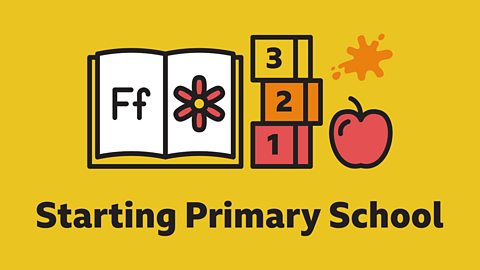This article was first published in October 2019
by Julie Pender, mum to six-year-old Grace
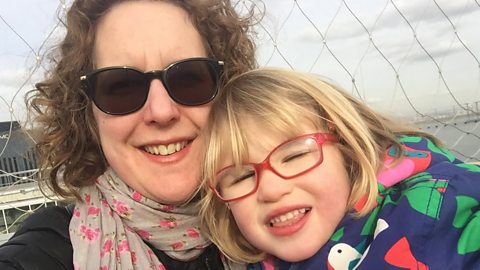
On every parent forum I belong to, and I belong to many, for every label that my child has, the inevitable question arises from parents who are on the same path: what do I do about school?
Forget the complex concerns that typical parents have to juggle, like how to manage the school drop off and pick up, I have a more basic, primal question - who can I trust to care for my child who has special educational needs?
Should it be my local mainstream school? Do they have SEN provision? Will my child cope in that situation?
Grace is six and has special needs but no diagnosis. She has a global development delay which is just a broad description.
Making decisions without a diagnosis
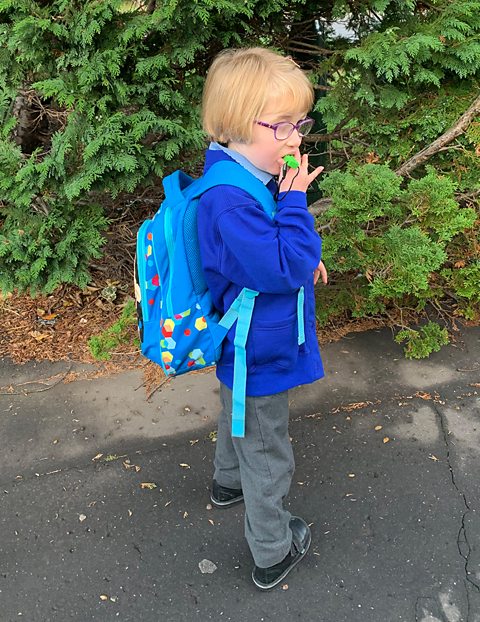
Due to the complexity of the system, the lack of medical prognosis and no clear educational assessment, I have now had my daughter in three different school situations in as many years - I call it my voyage of discovery and I want to share some of what I’ve learnt.
When Grace was about one-year-old it became apparent she was not developing at the expected rate. Her first issue was a problem with her vision so we began medical investigations. By age three, we knew only that her development was “delayed”, but I always assumed like any other delay, she would catch up. So, with optimism, we started in a mainstream environment. She remained for two years in a mainstream nursery, before spending one year in a “moderate” SEN unit at a mainstream school and she is now at a dedicated SEN school for moderate to severe special needs.
Delaying the school start
The mainstream nursery was an amazing place for my daughter, however it was not attached to a school and there seemed to be no suitable local mainstream primary school for her. The only option was a school that was an hour’s bus ride away. So, we decided a second year at nursery would be best and as a July born baby this was fairly easy to arrange for her. Our priority at that stage was for her to be in a safe environment and close to home, where she could access her Speech & Language Therapist and Occupational Therapist.
We used that year wisely - or so we thought. We worked with the system and arranged trips to the schools that the borough recommended, but none seemed right.

Finding a mainstream primary school with a SEN unit
Two fairly local mainstream schools in our borough offered an SEN unit – one school has a provision for SEN Key Stage 1 (KS1) and at another school there is provision within KS2. Thinking I might avoid a school change, I applied to the school with KS2 SEN, hoping they would take her in mainstream KS1, but they rejected our application.
But the school with the KS1 unit accepted her. In the meantime, I met a neighbour with a child in a similar situation who was attending that school, and she said great things about the unit and the teacher. So we had a solution.
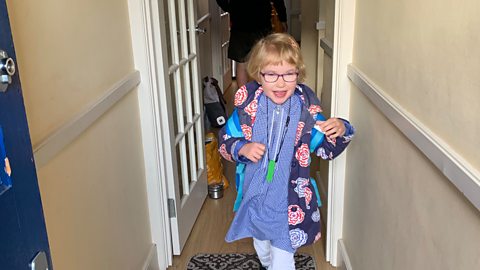
When things go wrong
By the time Grace joined that school, the teacher had left and my friend’s daughter had been moved to a new school, so I was left with a bit of a sense of doom.
Things did not go well and we were not surprised to hear at our annual EHCP winter meeting that the school’s teacher and SENCO said they did not feel they could continue to meet Grace's needs. We agreed and, having anticipated this coming, I had already swung into action, visiting state and independent schools in and out of the borough. I decided I needed to understand for myself what really was on offer. I would deal with the funding question later.
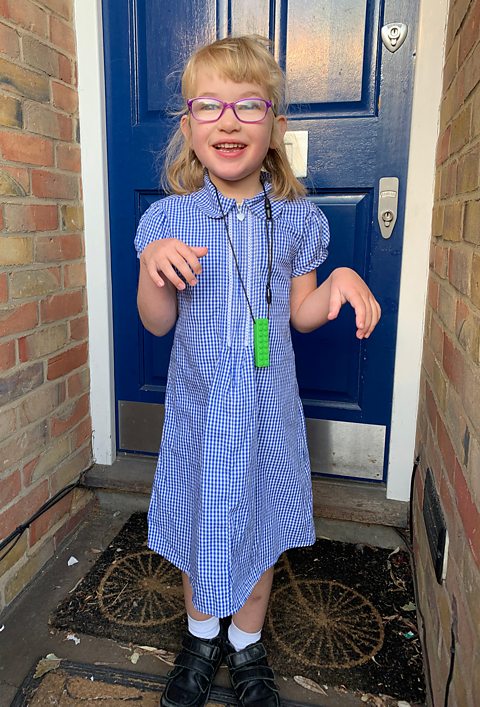
The move to a specialist school
Thankfully, the school that we liked the best turned out to be the same school our local authority offered us, so as of September my daughter moved there. It’s a school that’s set up for children with a wide range of special needs, and one month in the signs are good.
For now, I am confident that we are in the right place, with the right team. When I followed her bus to school on day one, the team greeted me with open arms and brought me into the school to peek at her. Someone brought me tissues as I cried when I saw her doing absolutely fine in this new environment.
The school writes me a daily summary of her learning and her moods – this so important since she is non-verbal, and is how I can start a “conversation” with her. But I also know that it’s still early days and, as her advocate, I can’t let go of my constant vigilance to ensure it stays like this all term long.
What I have learnt along the way
• The label on the school means nothing. What matters, is the team and the peers in the class. I heard the words “mild”, “moderate”, “severe” and “profound” special needs when referring to a school’s designated ability to deal with special needs, but had no idea where my daughter would fit in, and still don’t.
• Start early. Do your own research - visit the schools and meet the teams, see the children, decide if the peer group is right. Go and see schools that specialise in various disabilities
• Go to the school community events and meet the parents. We found that our borough published a list of all schools that they sent kids to - private, independent and state schools were on that list. It was an eye-opener and helped broaden our consideration set.
• Get help. There are several charities that help connect you to experts (lawyers, parents, therapists) to help you navigate the system. Learn what you’re entitled to because you will need to insist on getting it.
• Get organised. The paperwork is astounding. We now have everything saved on a shared network, so we can pull down files to attach to forms as we are repeatedly asked to share the same info from therapist/doctors/consultants over and over again.
• Your new job is now as an advocate. You are your child’s best hope for progress and unfortunately the system will not be helping you. I have had to become a tiger parent - polite but insistent, constantly chasing people for things my daughter needs to survive and to thrive.
• Get to know your case-worker. The borough I lived in did a coffee morning and had their whole team attend, so they could meet parents and carers. This made a huge difference knowing the faces behind the emails - for everyone.
Know someone who has recently started school or will be beginning next September? Check out the rest of which has lots of ways to help prepare children for different aspects of school life – both practically and emotionally.


More from Â鶹ԼĹÄ Bitesize Parents' Toolkit…
Parents' Toolkit
Fun activities, real-life stories, wellbeing support and loads of helpful advice - we're here for you and your child.

Schooling tips for parents of autistic children
Advice to help parents of autistic children navigate school life. With tips for parents of children in mainstream and special schools.

How home schooling helped my child with AuDHD
Sarah Barker describes her son's transition from mainstream school, to home schooling, then to special school. From Â鶹ԼĹÄ Bitesize.
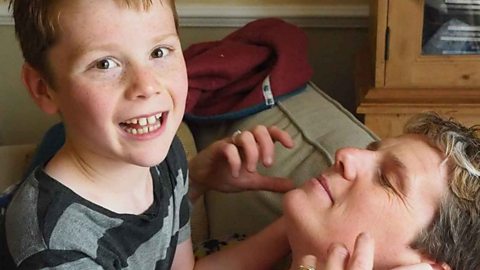
Things to consider on a school visit for your child with SEND
Questions to ask while visiting a mainstream or specialist school for your child with SEND.
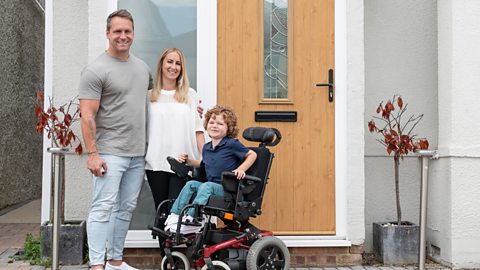
Special Educational Needs and Disabilities collection
All of the Starting Primary School content featuring advice and stories for parents of children with SEND.

More Starting Primary School videos and articles
Head to our homepage to help you and your child prepare for starting primary school and thrive in school life.
